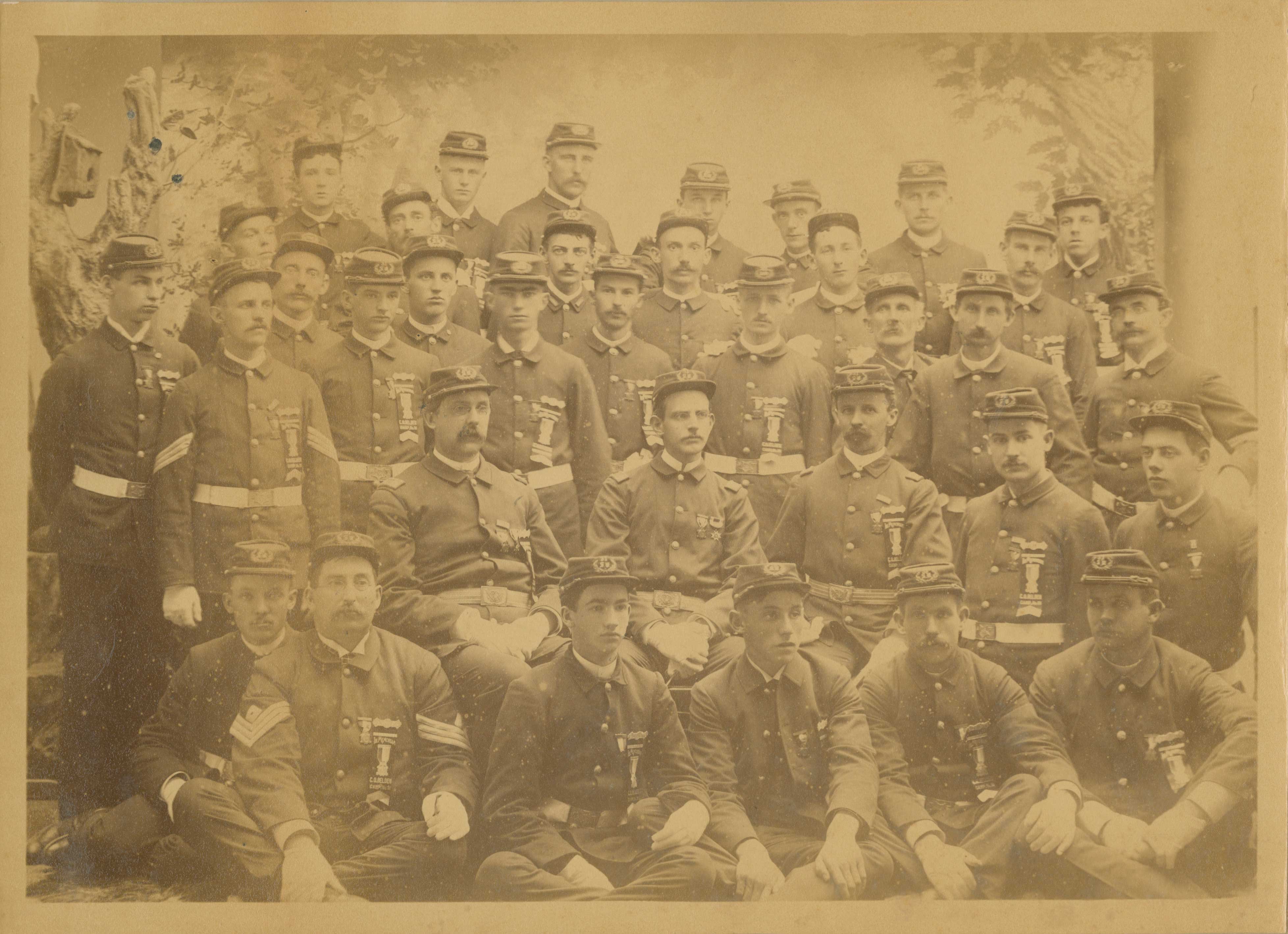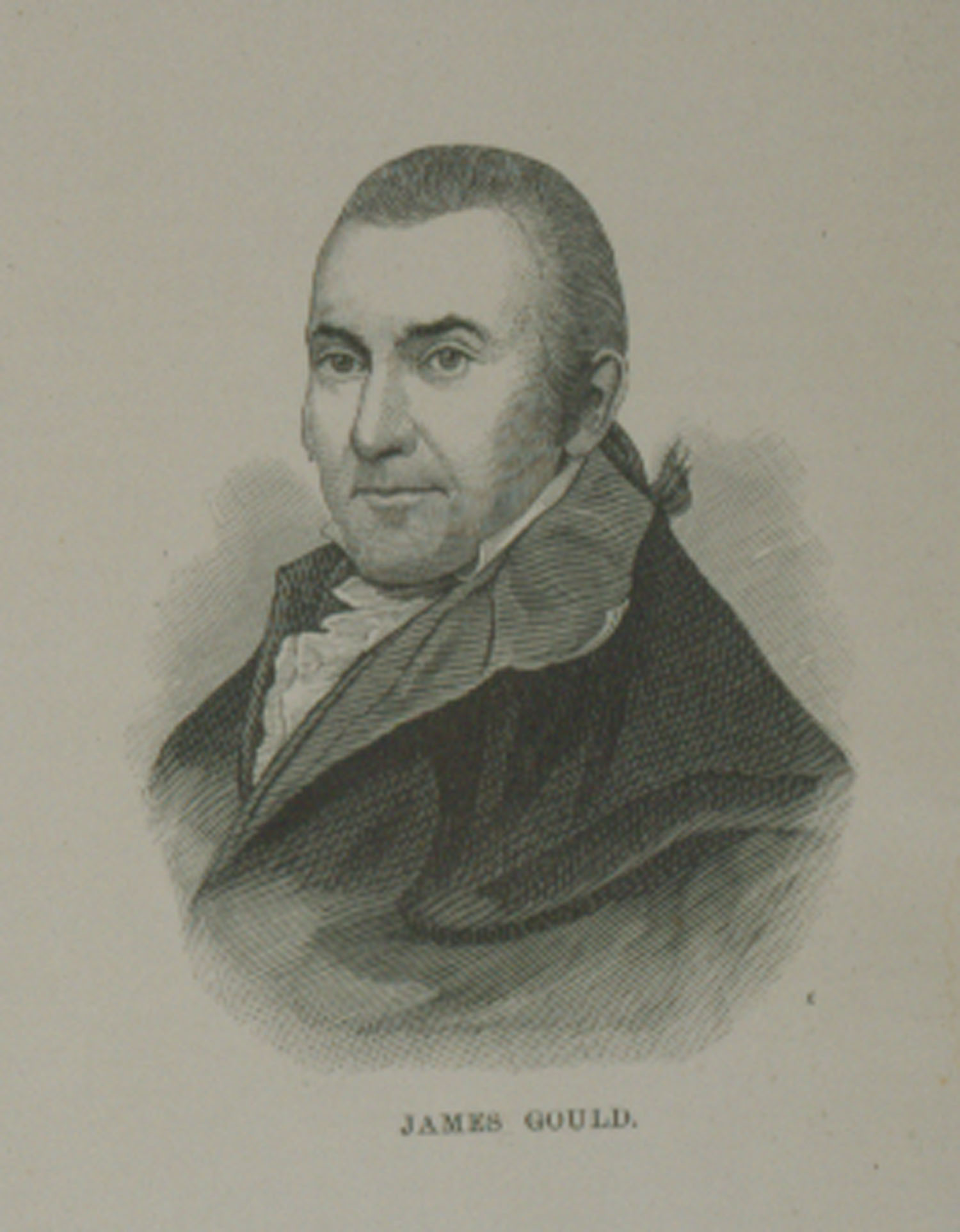![1847 Litchfield CT stampless folded letter red CDS and 5 rate [H.3508] - Picture 1 of 3](https://i.ebayimg.com/images/g/DHIAAOSwSGJk7~gL/s-l1600.jpg)
Letter, Julia Henrietta Jones to Laura Boardman Lane, March 31, 1847
As noted before, we have alerts set up for eBay and various auction sites to notify staff when Litchfield-related items and collections appear. A few weeks ago, I added this item to my watchlist on eBay. Individual letters are often bought and sold by stamp collectors who care little about the contents as was the case with this. Although I had requested an image of the contents, the seller did not comply. Instead, I received an offer to buy the letter for $8.49. Noting that it had a return option, I decided to take a chance- the name Laura Lane was familiar from my work on the Boardman papers, and the 1841 made me wonder whether the author was a former Litchfield Female Academy Student.
Continue reading
